
The most vulnerable group suffering from psychological problems during the war are children. Children who are disturbed by artillery, bullets, are even afraid of a common voice and become stressful. Some children are exposed to the physical impact of the bullet, losing their lives, while others get ill in the womb before they open their eyes to the world.
Although the Armenian-Azerbaijani Nagorno-Karabakh conflict is accompanied by the peace negotiations of the parties, the tensions on the contact line of the troops continue to arise, both sides lose both military and civilian citizens.
Aghdam's children
Nijat Gurbanov and Elgiz Gurbanov. Elgiz explains the moment of missile shot that fell last year.
"Before the incident, Nijat used to play saz better, now he does not remember some sounds because of his memory loss," says Nijat's mother.
Nijat Gurbanov is 12 years old. His parents were forced to leave the village of Aliaghali of Aghdam region and now settled in Banovshahlar the village for internally displaced persons. The distance between this settlement and the Armenian Armed Forces is 1.5 kilometers by air.
The missile shot by the Armenian Armed Forces on April 4 last year fell on the settlement where Gurbanov lives. Elgiz Gurbanov, Nijat's father says that Nijat started to shake from the noise, the color faded and vomited.
After a known incident, Nijat has a relapse, bruises, speech defects, and memory disorders.
According to Gultekin, Nijat's mother, five doctors examined his son in Agdam and Barda, diagnosed him with epilepsy and sent him to Baku Children's Neurological Hospital, but the child was refused there.
The press service of the Ministry of Health informed us that Nijat Gurbanov was not admitted to the hospital because the was no available room at that time: "If Gurbanov's parents come to Baku after a few days' notice, the patient may be placed in the room."
***
The Chiragli village of Agdam is the closest area to the Armenian Armed Forces' combat positions among the settlements along the frontline. Everyone we had communication with in the village tells us, "there is no child in Chiragli, who does not have a nervous tension because of a war or a bullet voice."
Elzamin's 7 children. All of them were born during the war...
Elzamin Mammadov has 7 children. The eldest one is 14 years old, while the youngest one is 9 months old. According to doctors, their 12-years-old girl was born with speech defects because the mother was under the stress of the war during her pregnancy. She did not go to secondary school until today. His father says that he does not have enough finances to continue his daughter's treatment regularly. Mother Ilhama says she is worried about her other children.
"They were very scared of the shootings in April, especially the little ones. The screams and cryings are still in my ears. "
***
Leyla, Ravan and Sugra Jafarovs. They don't sleep in their house since April of the last year.
Jafarovs are five brothers. Each has 3-4 children. One of the brothers - Nabi was forced to move from the village. He is currently settled in the abandoned building of the outpatient clinic in the village of Ahmadaghali. Although the Agency for Rehabilitation and Reconstruction of Area has restored his house in Chiragli in 2014, he does not live there since April of last year. He sees the change of place of residence as the only way out of his daughter's recovery.
Nabi's 14-years-old daughter - Sevinj got epilepsy after April of the last year, diagnosed by doctors in Baku. His father says his daughter's cramps andlosing consciousness still continue. Nabi's nephew, 8-years-old Ravan's mouth was bent in fear, and his eyes began to blaze. Though treated, the latter is still going on.
Unlike Nebi, his brothers did not leave their homes in the village but their children do not stay in those houses.
The most common diseases in children and adolescents of Aghdam
We heard many stories similar to the problems of Gurbanov, Mammadov and Jafarov during our meeting with residents of Chemenli, Orta Garvand, Ayag Garvand, Mirashelli, Garadagli and Hajimammadli villages, other frontline villages of Aghdam.
According to Aghdam Children's Polyclinic, there are 80 cases of eye disease (1-18 years), 300 nervous system diseases (1-18 years), 50 congenital heart defects (1-18 years), 20 diabetes mellitus (1 -13 years).
During the medical examination, it became clear that these illnesses were not inherited, but occurred during the tensions in the frontline, mostly after the children,settled and living in Aghdam region, have been frightened.
Children of Tartar
Sanan Valizade, 14
In April of the last year, a mortar fell near SananVelizade, 14-years-old IDP from Lachin region, settled in the Seyidimli village of Tartar district and the upper part of his left arm was hurt. Since it was nerve injured, his left hand started to be seized with cramps. His grandmother Rahila Niftaliyeva says her grandson is taken to Baku 2-3 times a year for treatment. She adds that although grandson's arm gets healed, he is still not in a full-fledged condition.
Zahra, 5. The bullet hurt her both physically and morally.
Zahra lives in the village of Gapanli. Even though her house and the village are surrounded by a retaining wall, the girl got a bullet wound two years ago at a wedding ceremony. Her grandmother, Mushginaz Tanriverdiyeva, remembers the incident as following: "A bullet hit my sister and grandchildren as well as me. It riddled my sister's arm, grazed Zahra's vein of neck and went through my stomach. Now she is 5 years old; as she hears the shooting, she starts crying and saying "granny, let"s run, they will kills us."
Most common diseases in children and youth in Tartar
About 20 percent of the students studying in secondary schools in Tartar fall to the frontline villages. Children living in this region are observed mainly to have delayed speech development, renal failure, and epilepsy.
Similar illnesses are reflected in children living in Gazyan, Shikharkh, Hasangaya, Chayli, Borsunlu and Jamilly villages of frontline settlements.
In recent years, the number of young women who come to Tartar Central Hospital with breast cancer has increased. Rima Akhundova, the psychiatrist of the Policlinic department at Tartar Central Hospital, says that among these women, the residents of frontier villages mostly affected by April fights last year make the highest number.
Rima Akhundova says that breast cancer is a genetic disorder, but the potential for the disease to be exacerbated by stress and anxiety could also be explained:
"There is a group that has a tendency to get this illness, but in most cases they do not face this disease until the end of their lives. Occasionally, when severe stress and frustration are accompanied by a tendency, the female breast cancer is activated and the woman is caught in the disease. Among those who live in Tartar frontline and suffer from this disease, there are certain women who have no relativeor descendantsinfected."
Oncology, diabetes, and anxiety-disturbance are widely spread among children in Tartarsince April of last year.
"All of these children are residents of the villages close to the conflict zone," added psychotherapist Rima Akhundova.
Lack of psychiatrist, psychologist, social worker in the Karabakh region
FuadIsmayilov, the director of the Center for Mental Health of the Ministry of Health of Azerbaijan Republic, states that according to the order of the Minister of Health, mental health centers consisting of psychiatrists, psychologists, social workers and logopedists have been established under children's polyclinics in seven regions of Azerbaijan - Baku, Sumgayit, Ganja, Mingachevir, Shirvan, Lenkoran and Sheki. .
The chairman of the center explains the lack of a similar center in the Karabakh region with staff shortage.
"At present there are 32 child psychiatrist in the country, 26 of which function in the city of Baku. There is a lack of specialists in Aghdam and Tartar, because there is no one who wants to go there. "
Parents from these regions say that children also do not communicate with psychologists and social workers.
How to help children?
"Why I could not be like others, whyam I always afraid?"
KhumarKarimli, social worker says that many of these children will ask themselves these questions rather than about the war in their future lives.
"Being born there, living in those conditions, and the experiences is written in their sub consciousness. They will always compare themselves with others. "
According to Karimli, first of all, projects should be implemented in this direction to help children. As the next option, influential persons should regularly visit these children and provide moral support along with their financial support.
"It's mostly an indication that these children are the same as their peers. In other words, they should have the toy the other children have, and the attention they give to these children should be a priority."
Nurlana Ismayilova, founder and executive director of the Center for Psychological Development in Kids Azerbaijan, believes that these children should always be under psychological control and regularly receive psychological care. Because, if not treated in time, the war and all the unpleasant situations associated with it are engraved on their memory.
Ismayilova says psychologists and psychotherapists, specialized in the work with children, and especially with children under these conditions, should be engaged.
"These children represent such a sensitive group that the functioning of people who are non-specialists in this field, the psychological intervention that is not being done properly or seriously can deepen their trauma," emphasizes Nurlana Ismayilova, child psychologist.
This article was written within the "Unheard Voices" project, part of International Alert"s work on the Nagorno Karabakh conflict. This project is funded by the European Union as part of the European Partnership for the Peaceful Settlement of the Conflict over Nagorno-Karabakh (EPNK).
The materials published are solely the responsibility of the journalist and do not necessarily reflect the opinions or policies of International Alert or its donors.






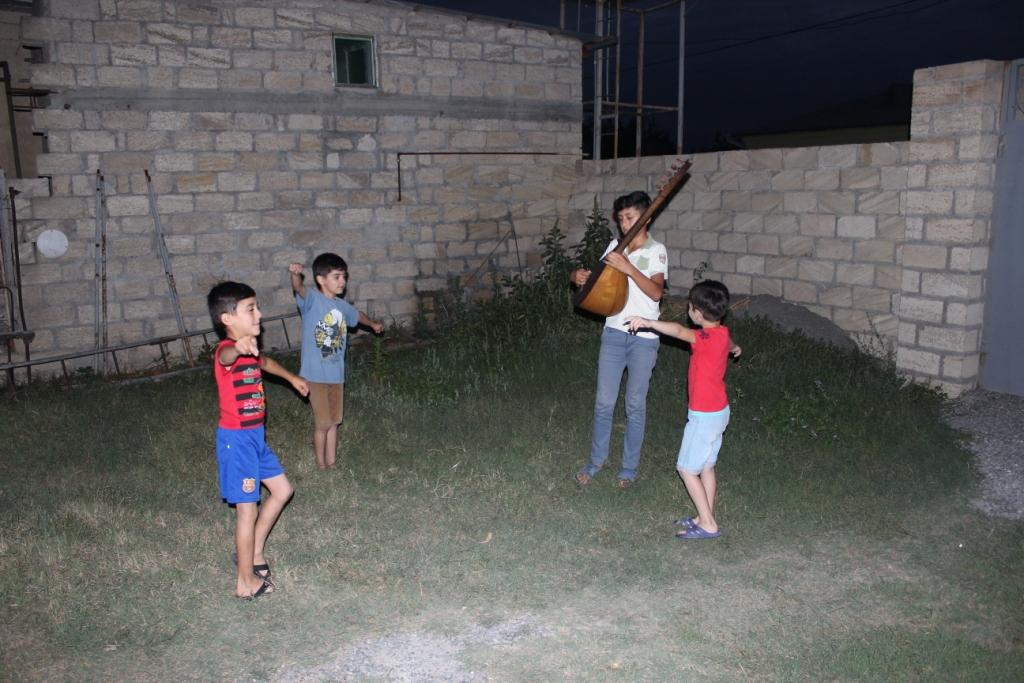
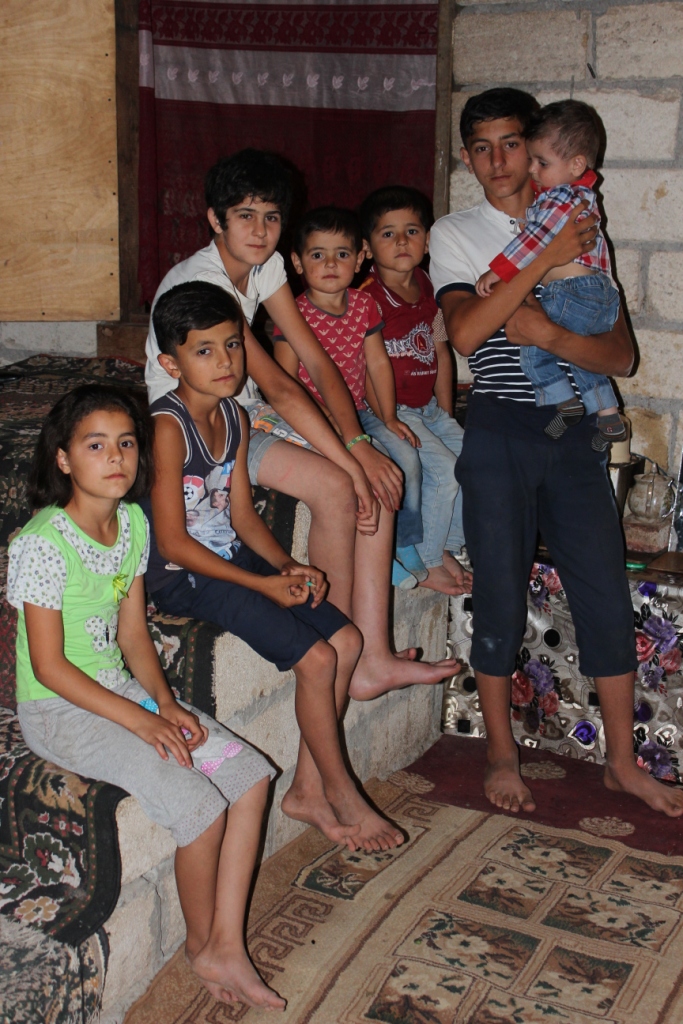
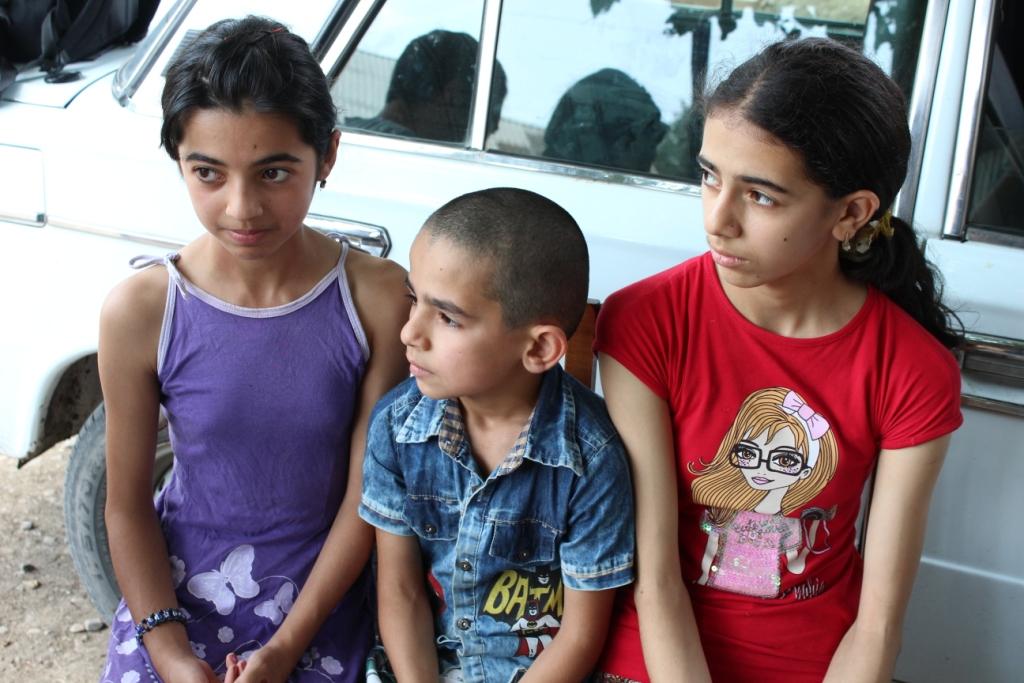
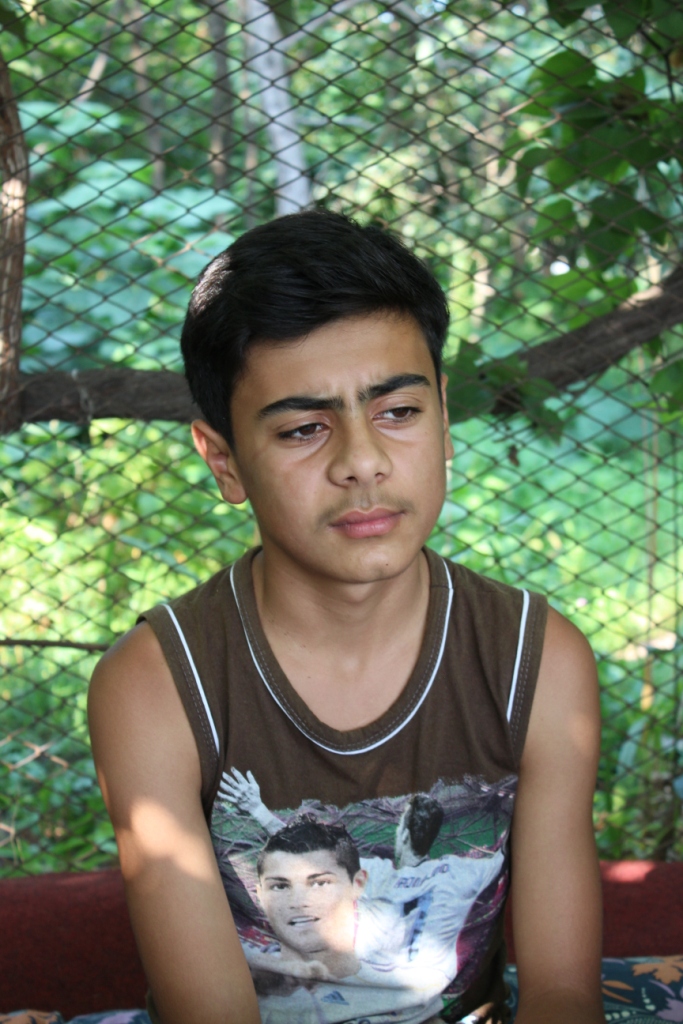
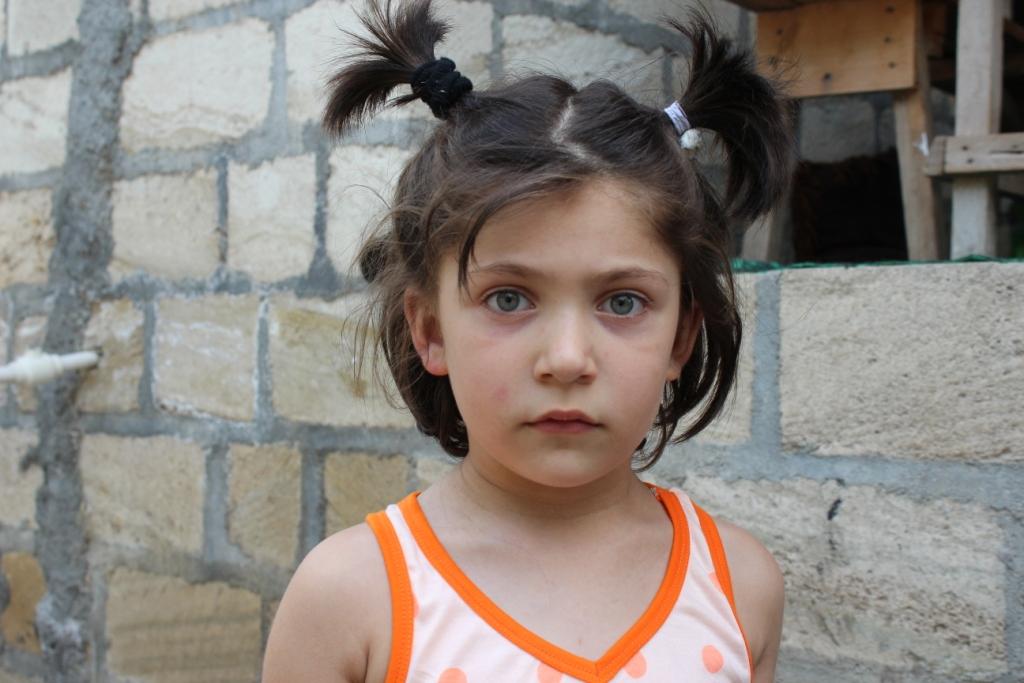




















Leave a review